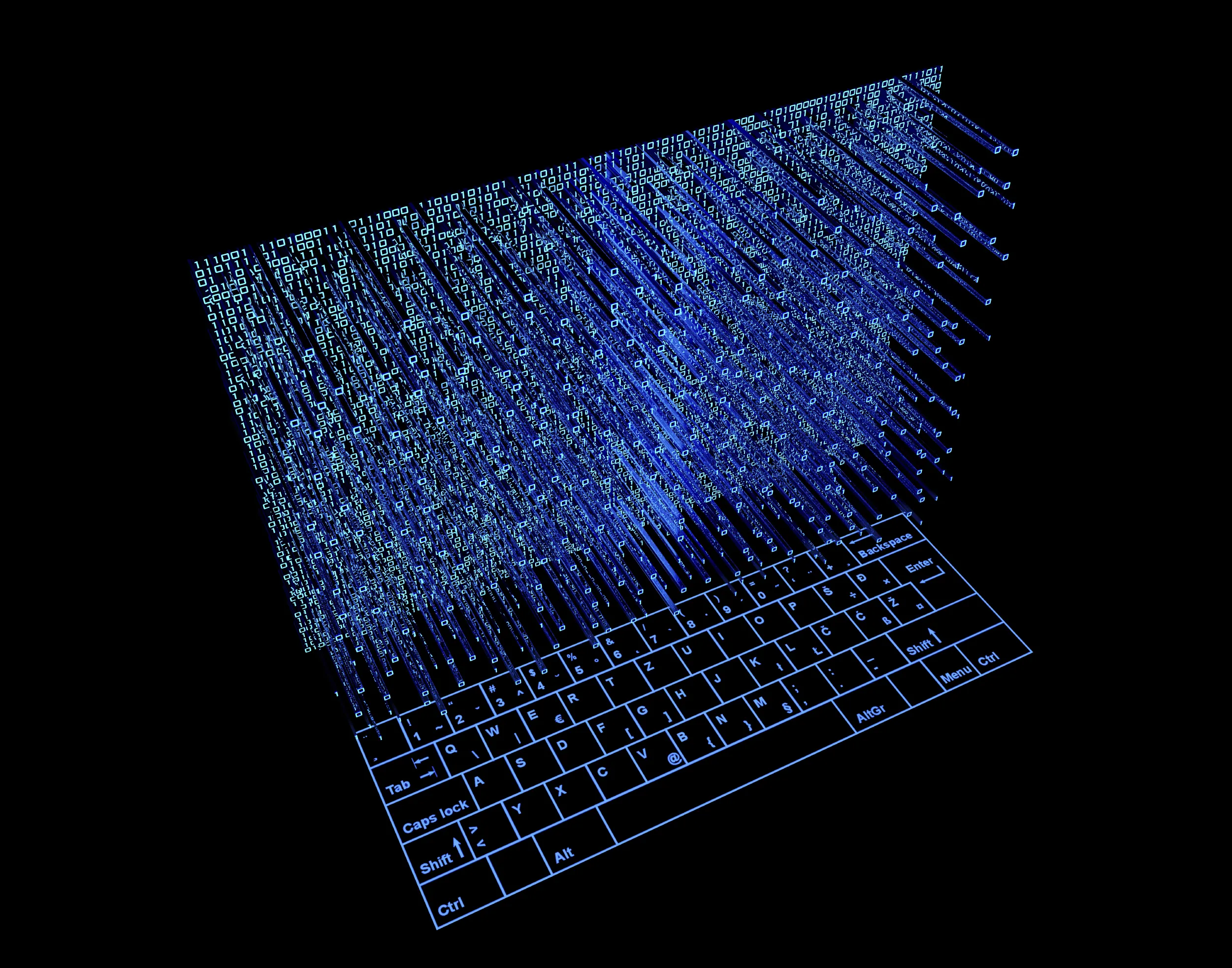
Three University of Maryland researchers have been awarded $1 million from the National Institute of Standards and Technology (NIST) to support research developing next-generation cryptography.
Jonathan Katz, a professor of computer science at UMD and director of the Maryland Cybersecurity Center (MC2), is the principal investigator of the three-year collaborative project.
He says this work will foster collaboration between MC2 researchers and NIST, and will initially focus on making cryptosystems secure against quantum computers (i.e., “post-quantum cryptography”), provable security for symmetric-key primitives, and security for outsourced data storage in the cloud.
“Post-quantum cryptography is particularly important right now,” says Katz. “There is significant interest in developing standards for a next generation of cryptosystems that are quantum-resistant, and we look forward to working with NIST to provide the fundamental research necessary for this process.”
In this work, the researchers will collaborate with members of the Joint Center for Quantum Information and Computer Science (QuICS) on campus.
Katz, who also holds an appointment in the University of Maryland Institute for Advanced Computer Studies (UMIACS) and is a Fellow in QuICS, will team with UMD assistant professors of electrical and computer engineering Charalampos “Babis” Papamanthou and Dana Dachman-Soled, also in UMIACS and MC2, on the project.
The UMD team will work collaboratively with NIST researchers, jointly choosing research directions and fostering student exchanges.
Matthew Scholl, chief of the Computer Security Division in NIST’s Information Technology Laboratory, says the partnership came about because the NIST Visiting Committee on Advanced Technologies recommended to NIST Director Willie May that the organization explore expanding its programs to engage academia and other outside experts. Scholl says this includes enacting cooperative research agreements.
“This cooperative work with UMD will ensure that NIST continues to engage and work collaboratively with some of the best academics in the fields of cryptography and mathematics, and that NIST will continue to provide strong, open, and transparent standards and guidance to the U.S. government and the nation,” he says.
Katz and Dachman-Soled will work together on post-quantum cryptography and provable security for symmetric-key primitives while jointly supervising a postdoctoral researcher and a graduate student. Papamanthou will focus on security for outsourced data storage in the cloud.
Dachman-Soled says she is looking forward to partnering with NIST researchers.
“This collaboration is a great opportunity for us to impact the development of cryptographic technologies that will be deployed over the next several years,” she says.
Katz, Papamanthou and Dachman-Soled will also seek to engage the broader research community, including NIST, by hosting an annual weeklong workshop/tutorial series on a relevant cryptographic topic.
—Story by Melissa Brachfeld